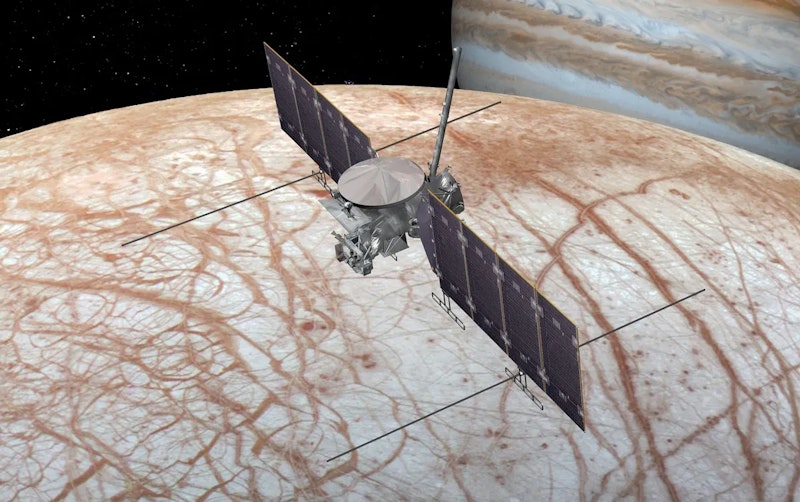I watched The Mission, a documentary on Disney Plus about John Chau, an American missionary who was killed in 2018 while trying to bring Christianity to North Sentinel Island, an Indian Ocean site inhabited by a tribe of hunter-gatherers who’ve shown a strong desire to avoid contact with outsiders. Chau’s diary survived, in which he wondered: “Is this Satan’s last stronghold on Earth?” Grimly, the film shows an evangelist speechifying that God is calling for more “firebrands” like Chau to light up “dark places” in the world, regardless of whether the people living there want such visitors or not.
I looked up a 2005 article of mine about the North Sentinelese, for the now-gone webzine TCS Daily (aka Tech Central Station), retrieving it from the archive. “It might seem that the tribal islanders are merely an anachronism, a vestige of millennia past. However, in some ways, they might also be representative of the future, especially if one takes a long view,” I wrote, explaining that future people “might engage in physical migrations in some ways reminiscent of those that reached far-flung ocean islands millennia ago. Space colonization, much like the early movements of humanity, will involve traveling over vast distances, often without plans to return. It will also involve splitting off to different destinations and then going it alone for long periods of time.”
Similar prospects arose in another TCS Daily article of mine, about hurdles—technological, political, budgetary—involved in missions to the outer solar system; editor Nick Schulz titled it, “Deep Space, Nein!?,” to this day one of my favorite headlines on anything I’ve written. “In the long run, people might live out there,” I speculated. “A future space-faring civilization might establish settlements on or near some of the dozens of moons of the giant gas planets, perhaps tapping the planets' vast stores of helium-3 as a nuclear-fusion fuel.”
That future doesn’t seem very close, and when that piece ran, in 2004, as the U.S. was embroiled in Afghanistan and Iraq, expansive space visions were already looking dimmer than a few years earlier, during the anything’s-possible tech euphoria of the late-1990s.
The missionary mindset takes many forms, not just religious ones. If someone’s enduring focus is on convincing you that space exploration, or libertarianism, or effective altruism, or whatever their world-view, is the singular key to a vastly-improved world, take it with some degree of skepticism, on grounds that ideologies have a difficult time capturing the world’s complexities, and that ideologues have an emotional investment in demonstrating that their efforts haven’t been a waste of time. (Bear in mind, though, that skepticism also has its proselytizers, and, like any outlook, can harden into an ideology.)
In “Deep Space, Nein!?” I expressed concern about prospects for robotic probes to the outer solar system, over a timeframe of decades, amid fluctuating political priorities and budgets. However, despite delays and changes of plans, exploration of the outer reaches continues. The New Horizons probe has completed its flyby of Pluto and is now exploring the Kuiper belt. The European Space Agency’s JUICE, or Jupiter Icy Moon’s Explorer, launched last year, and NASA’s Europa Clipper is slated for launch in October. Both will be operating in the Jupiter system in the early-2030s.
Until the end of 2023, NASA was accepting signatures to be carried aboard the space probe, along with a poem by Poet Laureate Ada Limón. My signature will be there. Sending such material has its critics, who contrast it with the 1970s Pioneer and Voyager space probes, which carried substantial info about Earth and humanity in case aliens (or posthumans) might retrieve the objects someday. Physicist and sci-fi author Gregory Benford was involved in an effort decades ago to put an informative disc aboard the Cassini probe to Saturn, and was chagrined when it was replaced with a disc of the public’s signatures and some pet paw prints. I once shared Benford’s view, but now I don’t see what the problem is.
—Follow Kenneth Silber on Threads: @kennethsilber

